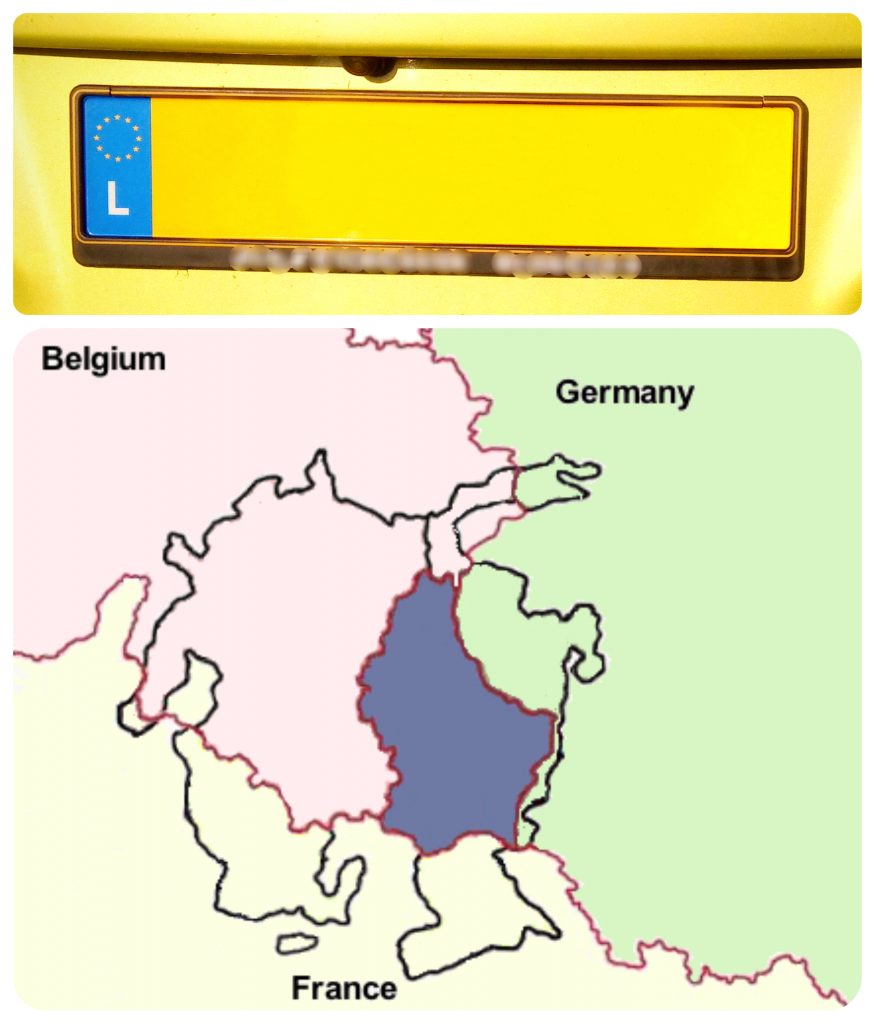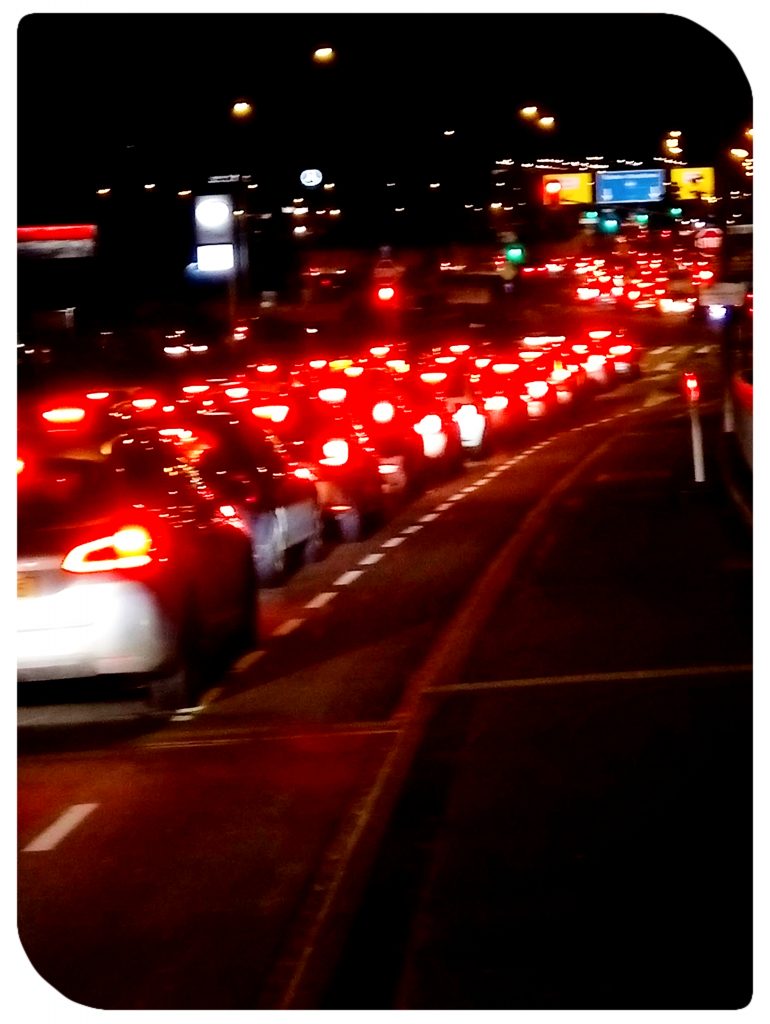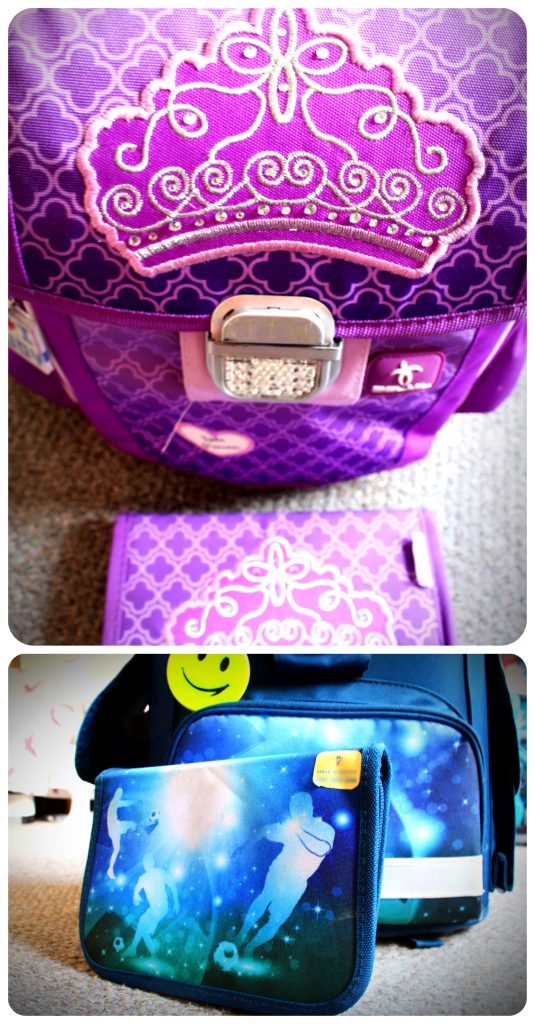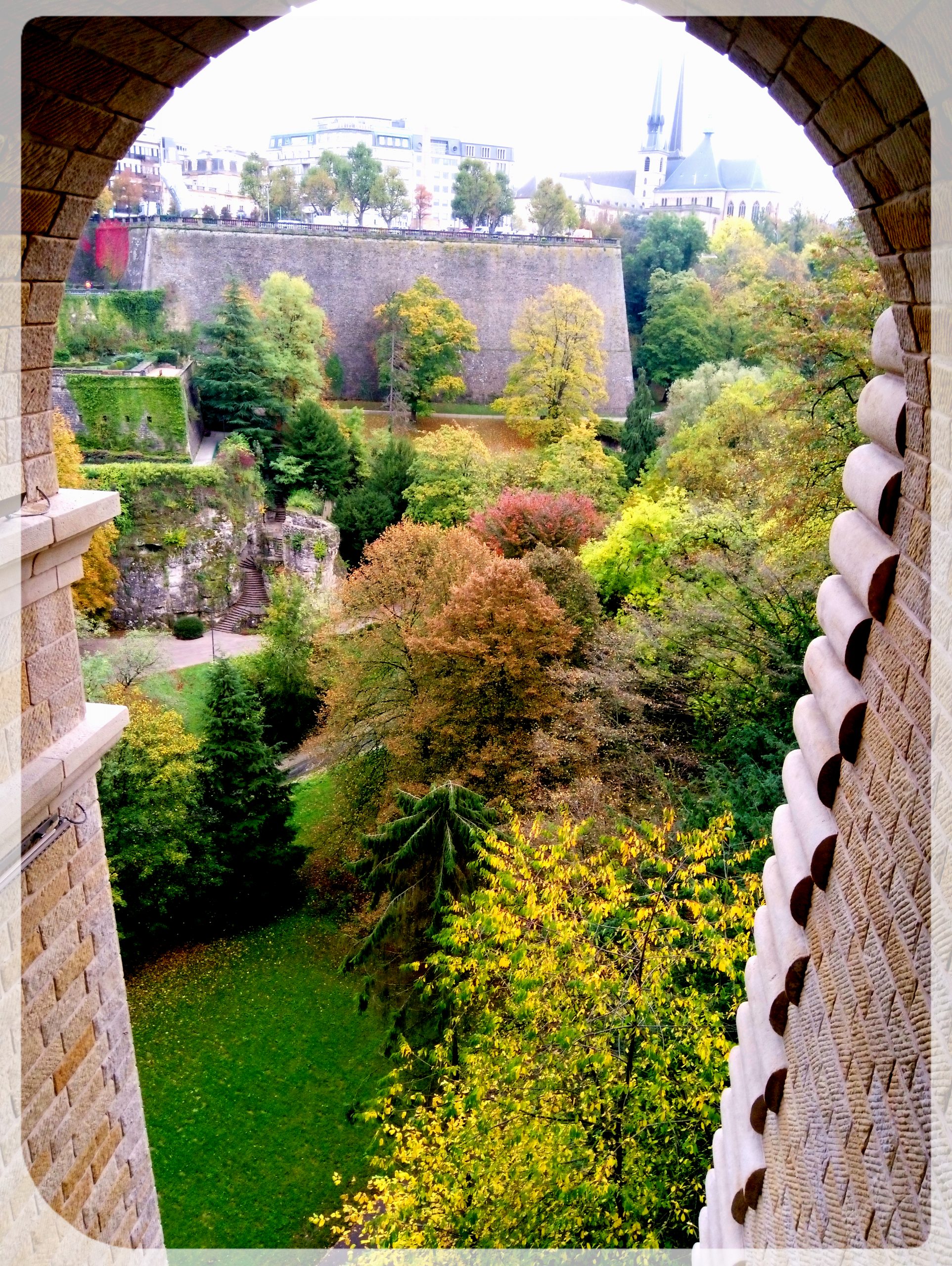Luxembourg has recently made headlines worldwide as the first country to introduce free public transport. Media outlets from the USA and Ghana all the way to Japan and Indonesia, passing through Europe, have pointed out the benefits and setbacks of such a decision, all the while putting the country in the spotlight.
Residing here for just over a decade, I decided to celebrate the event by digging a little bit deeper and find other peculiarities that set my adoptive country apart.
1. Luxembourg is a country so tiny that once while holidaying abroad, a friend was asked what was that ˝L˝ on his license place. Was it Liechtenstein? Even the small(er) Principality comes to mind before the Grand Duchy! With our surface of 2586 km2 , we still rank 28. among the world’s smallest countries, over 20 places away from the principality.

2. Staying on the subject of its size, Luxembourg has been contended by multiple great powers throughout history, in the end losing almost half its territory to Belgium but in exchange gaining independence and the status of a Grand Duchy in1839. This makes Luxembourg the only Grand Duchy in the 21st century, with its leader the sole Grand Duke in the whole wide world. The bordering region of Belgium, where much of our post gets lost, sometimes even election ballots, still carries the name of Luxembourg, to bask in the glory of victory, I suppose.
3. Its culture, people, and languages are highly intertwined with its neighbours, making it essentially a mixture of French and German with a dash of Belgian, as evident by the nation’s three official languages and its thousands of cross-border daily commuters. All three official languages are spoken by the whole population and as such, for better or for worse, function intertwined in the daily life of the country. Each is used as the primary language in different spheres of everyday life with French being the sole language of the legislation and being generally preferred in the administration. The preliminary debates in the Chambre are however conducted in Luxembourgish, the language the locals lean at home and use to speak to each other, before being later drafted in French. To finish with, German is the language used in (elementary) school, meaning that even the natives are educated in a foreign language. For more on the Luxembourgish educational system and its use of languages, check out my penmanship from a little while ago.
4. With the capital counting over 70% of non-Luxembourgers, the percentage lowers only slightly, to 47,5% of the population, when looking at the country as a whole. Taking into account well over 200.000 frontaliers driving daily into the country for work and add to that numerous relocations into and out of the country to get the picture of a strange hamlet always in motion, a country in constant evolution, perpetually changing and adapting, as visually attested by the never-ending list of construction sites all throughout the city.
5. Approximately 42 % of the workforce in Luxembourg commutes daily from Belgium, Germany and France, making the traffic situation a dream! A nightmarish one, that is.


6. From steel, through the financial sector, the government has recently focused on a national space programme. With the introduction of a 2016 law, it became only the second country in the world, after the US, to provide a comprehensive legal framework for the exploitation of resources in space. Its entrance into the new age space race had the effect of attracting much interest and making Luxembourg one of the biggest investors in one of the largest asteroid mining companies. There has to be something in the air since even my 6-year-old seems obsessed with space 😉
7. Luxembourg remains, however, the 2nd largest investment fund centre, after the USA. hosting a multitude of tech companies’ EU headquarters, mainly due to its reputation of a tax haven.
8. All of the above contributes to the country’s second place on the highest GDP per capita list, according to the IMF 2019 estimates.
9. Aaaaand we love driving. The number of cars per 1000 people amounts to 680 in Luxembourg – lower only than Monaco and Gibraltar.

10. On a positive note though, school is free of all charges. And I mean all. The integrity of books, notebooks and handouts is provided by the school itself for each and every student. as are swimming lessons and an end-of-the-year excursion. Pencils, crayons and fountain pens are available at school for each child as well, with the request to the parents to buy an additional set of crayons and some other knick-knacks. All that we really had to worry about at the beginning of the school year was finding the most iconic school bag and pencil case in the whole universe.
It is also true that for reasons the general public cannot agree upon, Luxembourg persistently scores low on the PISA tests, especially considering the amount of funding directed towards the education sector. In 2019, it ranked 30th out of 37 countries in the OECD, with all three tested areas of knowledge – reading, mathematics, and science – well below the average.
Here it is, an overview of Luxembourg in 10 quirks.
Is there any point you’d like me to elaborate on? Or maybe there are more quirks you know about and I missed! Please, do let me know and let’s learn together about our differences and similarities.
Cheers!
L
